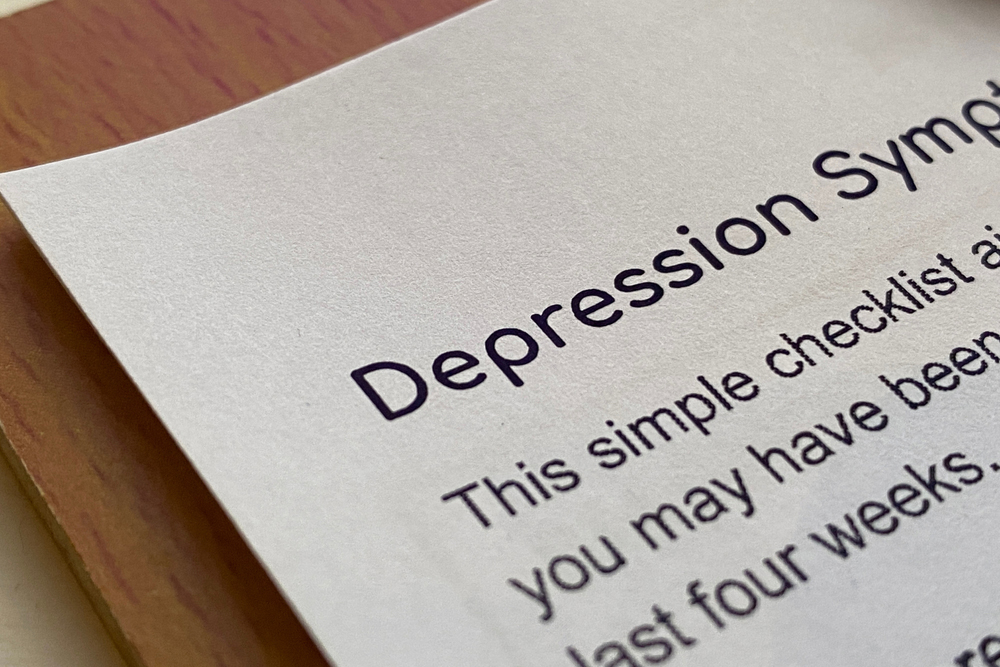
Lesser-Known Depressive Disorders
Media depictions have given many people an unrealistic idea of what it’s like to live with a depressive disorder. If your only idea of these mental health conditions comes from TV commercials, you may assume all depressed people spend most of their time alone in a dark room, feeling sad and hopeless. While these symptoms can characterize depression for some people, depressive disorders can take many forms and manifest differently for various people.
The ability to recognize the warning signs of lesser-known depressive disorders may help you understand when to seek help for yourself or be more compassionate toward people who are living with these conditions.
Hypersomnia
If you routinely get plenty of restful sleep and still wake up feeling groggy, confused and unfocused, you may have hypersomnia. The leading characteristic of this condition is extreme daytime fatigue, despite getting adequate sleep at night. People with hypersomnia may fall asleep several times a day or take naps that do not feel refreshing or restorative. They are often anxious and irritable, with frequent headaches and trouble concentrating.
The cause of hypersomnia remains unknown, but if you suspect you have this condition, you can visit a sleep specialist to conduct various screenings. They can also rule out illnesses that may have hypersomnia as a leading symptom, such as delayed sleep phase syndrome, hypothyroidism, sleep apnea and multiple sclerosis.
Intrusive Thoughts
Have you ever had a strange idea pop into your head for seemingly no reason? Most of the time, these thoughts are random and have no deeper symbolism or meaning. They can include negative, sexually graphic, violent or paranoid images. Usually, these thoughts will fade on their own, and it’s best not to take them personally. However, if they continue bothering you, talk to your doctor – they could signify a mental health condition like obsessive-compulsive disorder or depressive disorder.
Treatment-Resistant Depression
Though depression is a leading cause of disability, many people find relief through a combination of medication, therapy and lifestyle changes. Unfortunately, this isn’t the case for treatment-resistant depression, a depressive disorder that fails to respond to these remedies. Some people with TRD need a second opinion to get a more accurate diagnosis, while others need trial and error to find a different medicine that works better for them. It’s also possible to have a co-occurring disorder such as a chemical dependency that your doctor overlooked the first time.
Cluster B Personality Disorders
Hallmarks of cluster B personality disorders include dramatic, overly emotional or unpredictable thinking or behavior. These include antisocial personality disorder, borderline personality disorder, histrionic personality disorder and narcissistic personality disorder.
A Person-Centered Approach
Recovery Without Walls is different from many other residential or inpatient treatment programs because it is patient-responsive. We will create a flexible plan based on your needs, instead of adhering to a rigid framework.
Our team knows addiction and chronic pain are complex illnesses with many contributing factors, and that inspired us to use an integrative, holistic and evidence-based framework that includes nutritional support, psychotherapy, vitamins and supplements, meditation, exercise programs, massage therapy and acupuncture. If you are interested in finding complete healing, please connect with us today.

